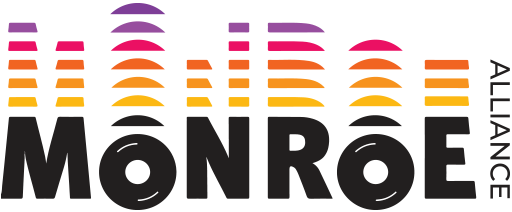Partner:
The project ‘PoWeR – performance of WebRTC-enabled services on the MONROE platform’ is devote to the investigation of WebRTC technology. WebRTC provides browsers and mobile applications with Real-Time Communications capabilities via simple APIs, which in turn simplifies the development of rich, high-quality RTC applications for browsers, mobile platforms and IoT devices.
In our project, we investigated QoE for WebRTC-based video streaming in MBB (mobile broadband) networks using the MONROE platform. The project has the following objectives:
1. Implementation of the software extension enabling easy to use, off the shelf, open source libraries for testing media services in MONROE testbed.
2. Evaluation of the adaptive streaming performance and reliability of the WebRTC technology in real mobile broadband environment.
3. Evaluation and testing of WebRTC technology for large scale company service level scenario.
To gain these objectives, we have developed the software extension to MONROE platform as well as we have fulfilled the set of experiments to investigate different aspects of WebRTC technology performance. The developed software extension has the following purpose:
• It allows experimenters to measure QoS (quality of service) characteristics, record video, collect data according different scenarios as well as analyse data sets in order to predict QoE (quality of experience) for specific tasks and video streaming conditions (day, time, direction, resolution, type of video, etc.).
• Our software extension is a complex solution which minimise efforts of an experimenter in carrying out own experiments on MONROE platform.
As a result of the project fulfilment, the following work has been done by our team:
1. Development of system architecture
2. Development of experiment scenarios
3. Composition of media library
4. Implementation of software libraries
5. Integration of open source tools
6. Development of data analysis strategy
7. Data analysis and results interpretation
8. Testing of the software extension on MONROE platform and tuning the solution as a whole.
Our experiments included the following:
1. Investigation of QoS and QoE of WebRTC for uplink, downlink, and simultaneous (uplink and downlink) data transmission.
2. Investigation of QoS and QoE of WebRTC for different types of video.
3. Investigation of QoS and QoE of WebRTC for different traffic conditions (business hours, night time, weekends).
4. Investigation for WebRTC and Skype comparison based on QoS and QoE.
5. Investigation of QoS and QoE of WebRTC for different resolution of video.
As a result of the experiments being carried out during the project, we have obtained about 20 000 data records. They have been collecting for over 2 months from 10 nodes in Europe. The analysis of QoS of these measurements demonstrated an acceptable level of QoE for a WebRTC-based video stream.
MONROE project was an excellent opportunity for our project team to test WebRTC technology in a real MMB environment.
